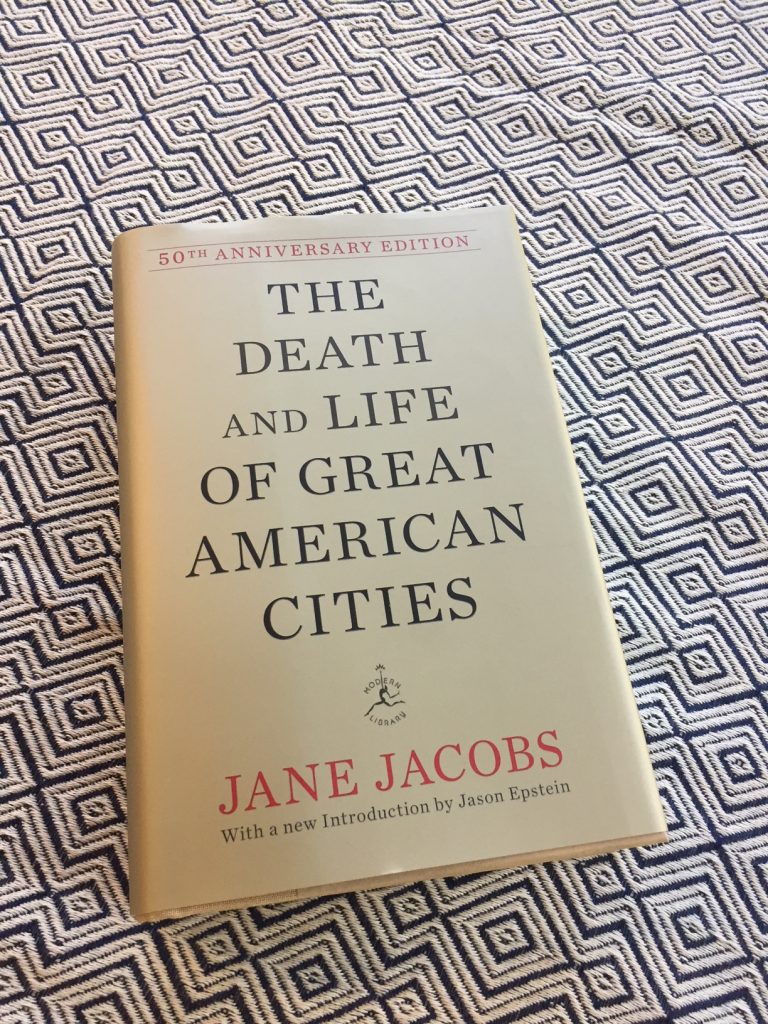Can be challenging to keep it front and center.
What’s your most important thing?
Politics is easy, never been clearer. Don’t do racisms. People don’t like it when you do a capitalism to them – especially if you are an athlete or a service industry worker.
Safe spaces are scary places for people who don’t like to share, who blend their fear of others with a little bit of everything. Are you easily riled? Do you have a passport? Just asking, but not for your papers.
Our records indicate permanence. Our fears reflect ephemerality, a fugitive longing when nothing in the store or online is quite what we want. That’s it – it’s right there – the mystery – but we look past. Too complicated, also frightening. Too happiness adjacent and free, when we want to just pay and stay
Unsatisfied.
Did lurker have a meaning when we spoke in person? The glass stood up well to breaking, when we knew what it was for, what it meant, something had happened, a thing emergent.
We could keep going, we could lapse. There was a flood, not that kind. The ominous variety – ideas. One. Idea. That could shine light upon others. A polytheistic religious psychology, that covers svelte happenstance, taut improvement that makes better, under-studied, under-storied, messy in its message, like two hearts.
A woman who knows the hedgehog and the fox, who understands there is no game and only one group, one category that guarantees its brutish fleeting, cements its powerlessness in return for theirs.
That not only looks wrong.








